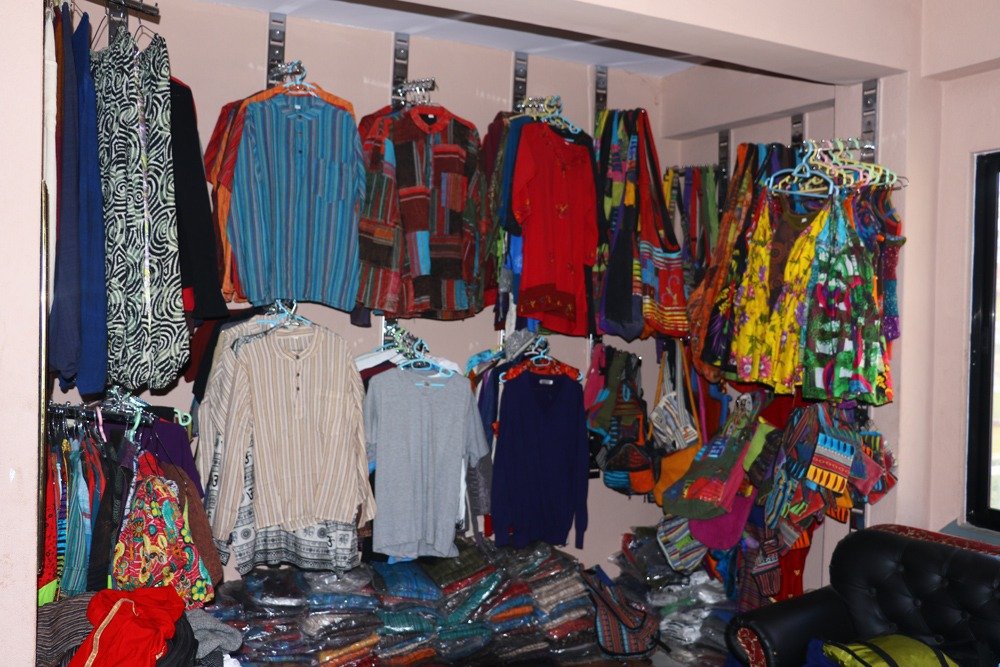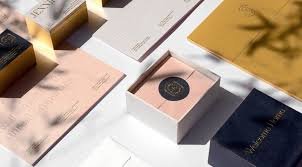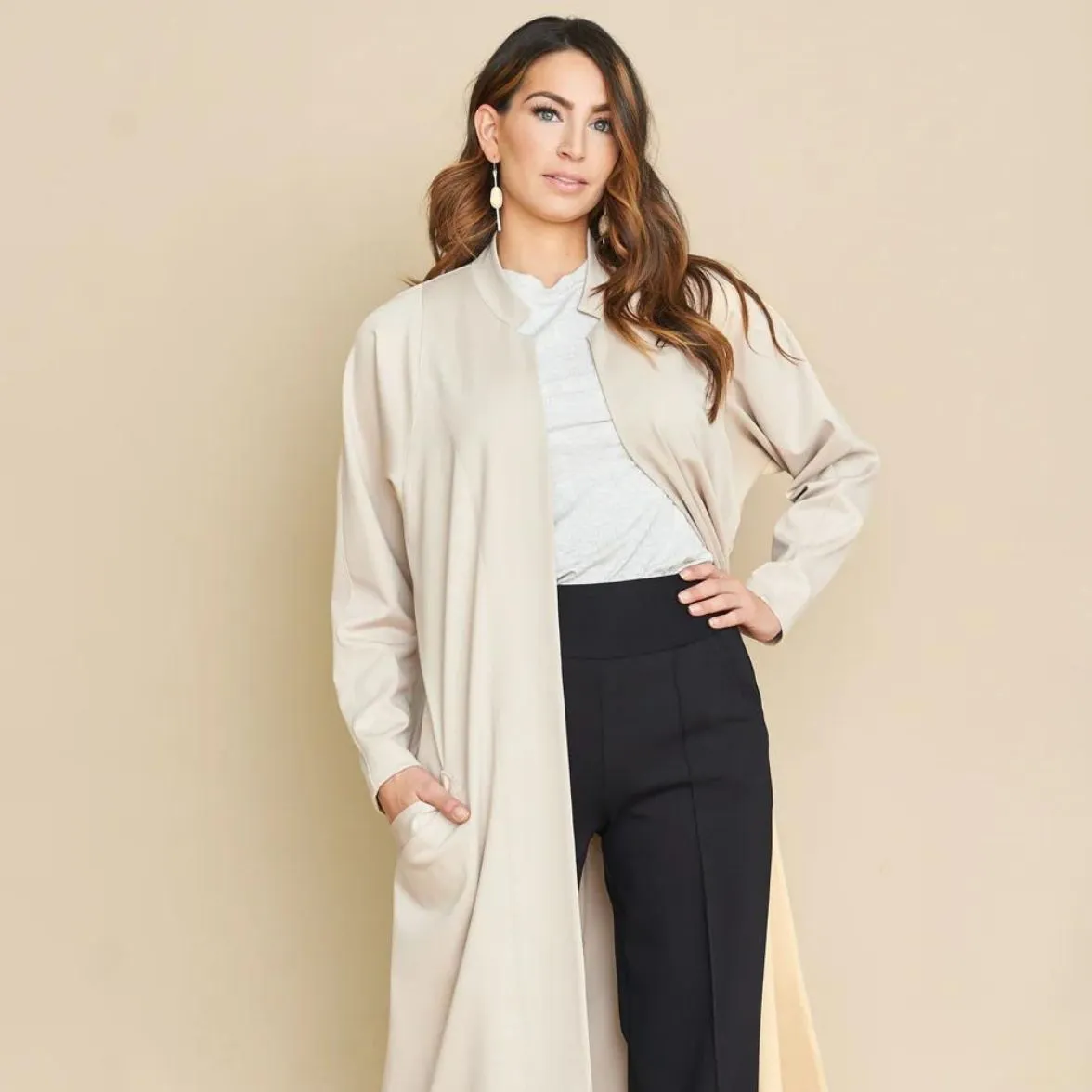The fashion industry continues to reinvent itself, blending past trends with modern-day demands. Among these, hippie fashion has resurfaced as one of the most enduring and expressive styles. Rooted in the free-spirited movement of the 1960s and 70s, hippie clothing remains a statement of individuality, sustainability, and cultural expression. For retailers and boutique owners, hippie clothes wholesale represents not only a profitable niche but also a lifestyle-driven market that resonates strongly with today’s consumers.
This article explores the essentials of hippie clothing, the benefits of sourcing wholesale, popular product types, and tips for successfully retailing this unique fashion category.
Table of Contents
Understanding Hippie Fashion
Hippie fashion, often referred to as bohemian or “boho” style, is characterized by relaxed silhouettes, vibrant colors, ethnic prints, natural fabrics, and handcrafted details. It’s more than clothing; it reflects a way of life rooted in freedom, peace, and harmony with nature.
Key elements of hippie clothing include:
- Natural fabrics like cotton, hemp, and linen.
- Tie-dye and batik patterns that express individuality.
- Flowy silhouettes such as maxi skirts, bell-bottoms, and kaftans.
- Handcrafted embellishments including embroidery, patchwork, and crochet.
- Accessories like headbands, beaded jewelry, and fringed bags.
Today’s consumers appreciate hippie fashion not only for its retro charm but also for its alignment with sustainable, slow-fashion values. This makes hippie clothes wholesale a sought-after category in the global fashion market.
Why Choose Hippie Clothes Wholesale?
For businesses, buying wholesale hippie clothes offers several advantages:
1. Cost Efficiency
Purchasing in bulk allows retailers to access lower per-unit costs, increasing profit margins while keeping products affordable for customers.
2. Variety in Collections
Wholesale suppliers often provide a wide selection of designs—tie-dye t-shirts, ethnic skirts, handmade tops, or patchwork jackets—allowing boutiques to diversify their offerings.
3. Sustainability Appeal
Many wholesale hippie suppliers emphasize eco-friendly materials and ethical practices. With sustainability trending, this resonates well with conscious consumers.
4. Steady Demand
Unlike fast fashion, hippie clothing has remained consistently popular. It attracts a loyal customer base, from music festival goers to everyday boho-chic enthusiasts.
5. Global Reach
Wholesale hippie clothes sourced from regions like Nepal, India, Thailand, and Bali bring authenticity and cultural diversity that appeals to a wide international market.
Popular Wholesale Hippie Clothing Items
When sourcing hippie clothes wholesale, these are the items retailers often prioritize:
- Tie-Dye Tops and Dresses – Iconic and always in demand.
- Patchwork Skirts and Trousers – Brightly colored, handmade styles.
- Harem Pants – Comfortable, versatile, and popular among festival-goers.
- Ponchos and Hoodies – Warm, ethnic designs perfect for autumn and winter.
- Kaftans and Maxi Dresses – Flowing silhouettes that embody boho elegance.
- Handcrafted Accessories – Beaded necklaces, fringed handbags, and woven belts.
These items are not limited by seasons, making them profitable year-round.
Where to Source Hippie Clothes Wholesale
Finding the right supplier is crucial for quality and consistency. Common sourcing channels include:
- Nepal and India: Known for vibrant tie-dyes, patchwork, and handmade embroidery.
- Thailand and Bali: Popular for lightweight fabrics and tropical boho styles.
- Online Wholesale Platforms: Websites like Alibaba, Faire, and Global Sources provide access to international suppliers.
- Local Artisan Markets: Collaborating with independent artisans ensures uniqueness and ethical production.
Tips for Selling Hippie Clothes
- Tell the Story – Customers connect more when they understand the cultural and sustainable background of the clothing.
- Curate Themed Collections – Seasonal festival wear, eco-friendly lines, or travel-inspired collections can attract niche buyers.
- Leverage Online Platforms – Social media platforms like Instagram and Pinterest are perfect for showcasing colorful boho styles.
- Focus on Sustainability – Emphasize natural fabrics and ethical sourcing in your marketing.
- Offer Accessories – Pairing outfits with boho jewelry, scarves, and bags increases sales.
The Future of Hippie Fashion
The growing emphasis on sustainable living and individuality ensures that hippie fashion will continue to thrive. Wholesale suppliers who combine ethical production with creative designs are likely to dominate this market. Retailers investing in hippie clothes wholesale today can build a loyal customer base for years to come, as the trend aligns with conscious consumerism and timeless style.
Conclusion
Hippie fashion is not just a nostalgic throwback—it is a modern lifestyle choice that reflects freedom, creativity, and sustainability. For retailers and boutique owners, sourcing hippie clothes wholesale offers an opportunity to tap into a market that values individuality and eco-consciousness. With a steady demand, wide product variety, and strong profit potential, wholesale hippie clothing is a smart investment for fashion businesses. By partnering with authentic suppliers and curating unique collections, businesses can thrive in a market that continues to blend cultural heritage with modern-day style.
✅ Key Takeaway:
Hippie clothes wholesale is more than fashion; it is a profitable niche tied to sustainability, cultural expression, and timeless appeal—making it an excellent choice for retailers aiming to stand out in the fashion industry.





